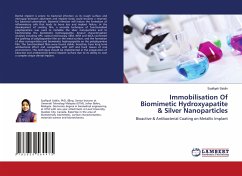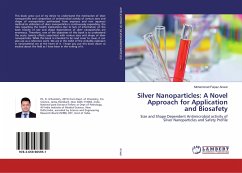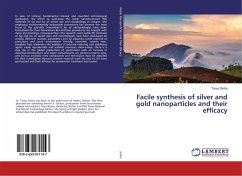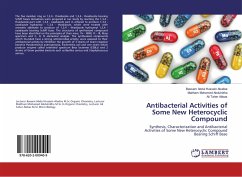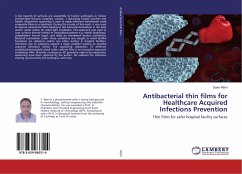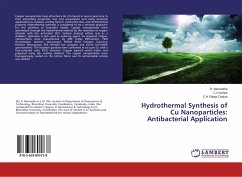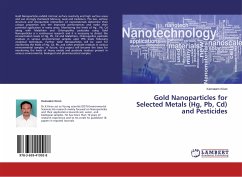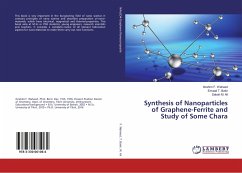Dental implant is prone to bacterial infection as its rough surface and microgap between abutment and implant body could become a reservoir for bacterial colonisation. Bacterial infection will induce the formation of inflammatory cells that leads to bone loss and implant failure. In the development of coating film, a versatile technique of functionalised polydopamine was used to metallise the silver nanoparticles and to biomineralise the biomimetic hydroxyapatite. Several characterisation analyses including XPS, optical microscopy, SEM, AFM and WCA confirmed the grafting of polydopamine film on the metal surface, and the formation of silver nanoparticles and biomimetic hydroxyapatite on the polydopamine film. The functionalised films were found stable, bioactive, have long term antibacterial effect and compatible with soft and hard tissues of oral environment. This technique should be implemented in the preparation of bioactive and antibacterial dental implant surface due to its ability to coat a complex shape dental implant.
Bitte wählen Sie Ihr Anliegen aus.
Rechnungen
Retourenschein anfordern
Bestellstatus
Storno

